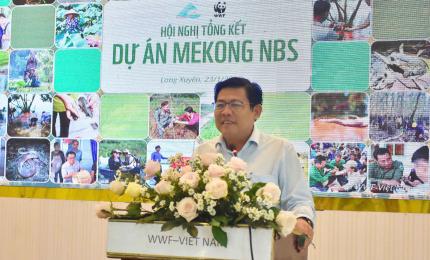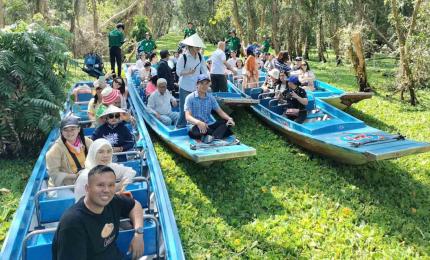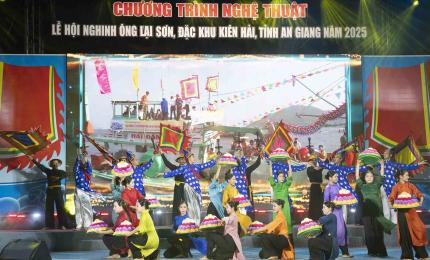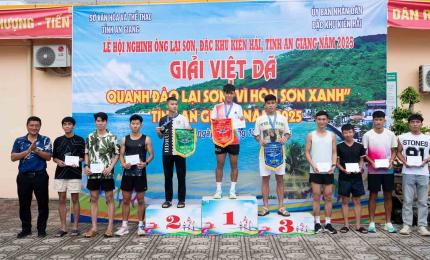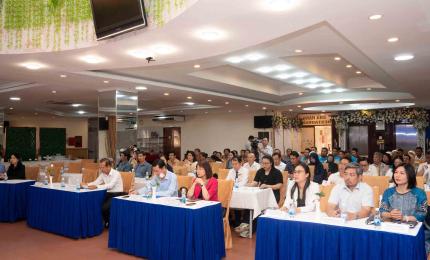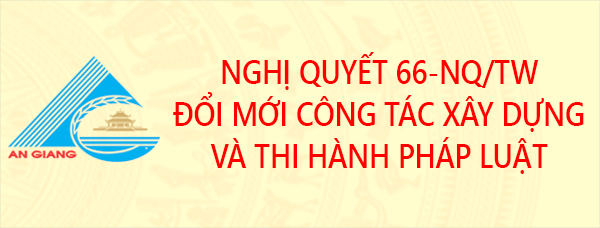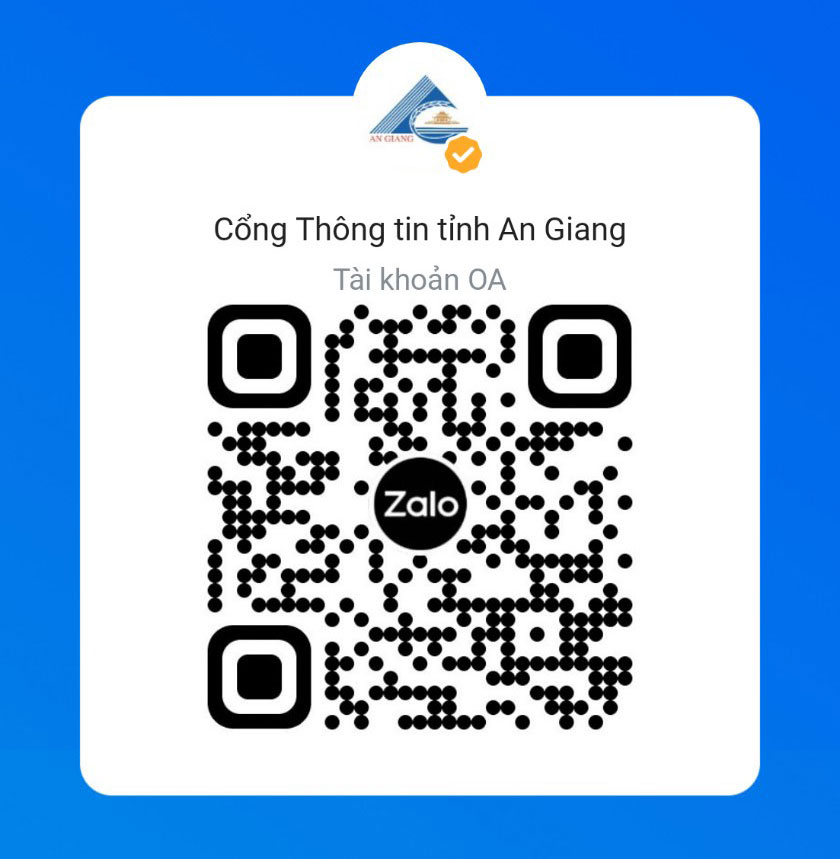(AG Provincial E-Portal) - The One Commune, One Product Program (OCOP) is an acronym that has been created to facilitate the organization of the production and trade of traditional and advantageous products in rural areas.
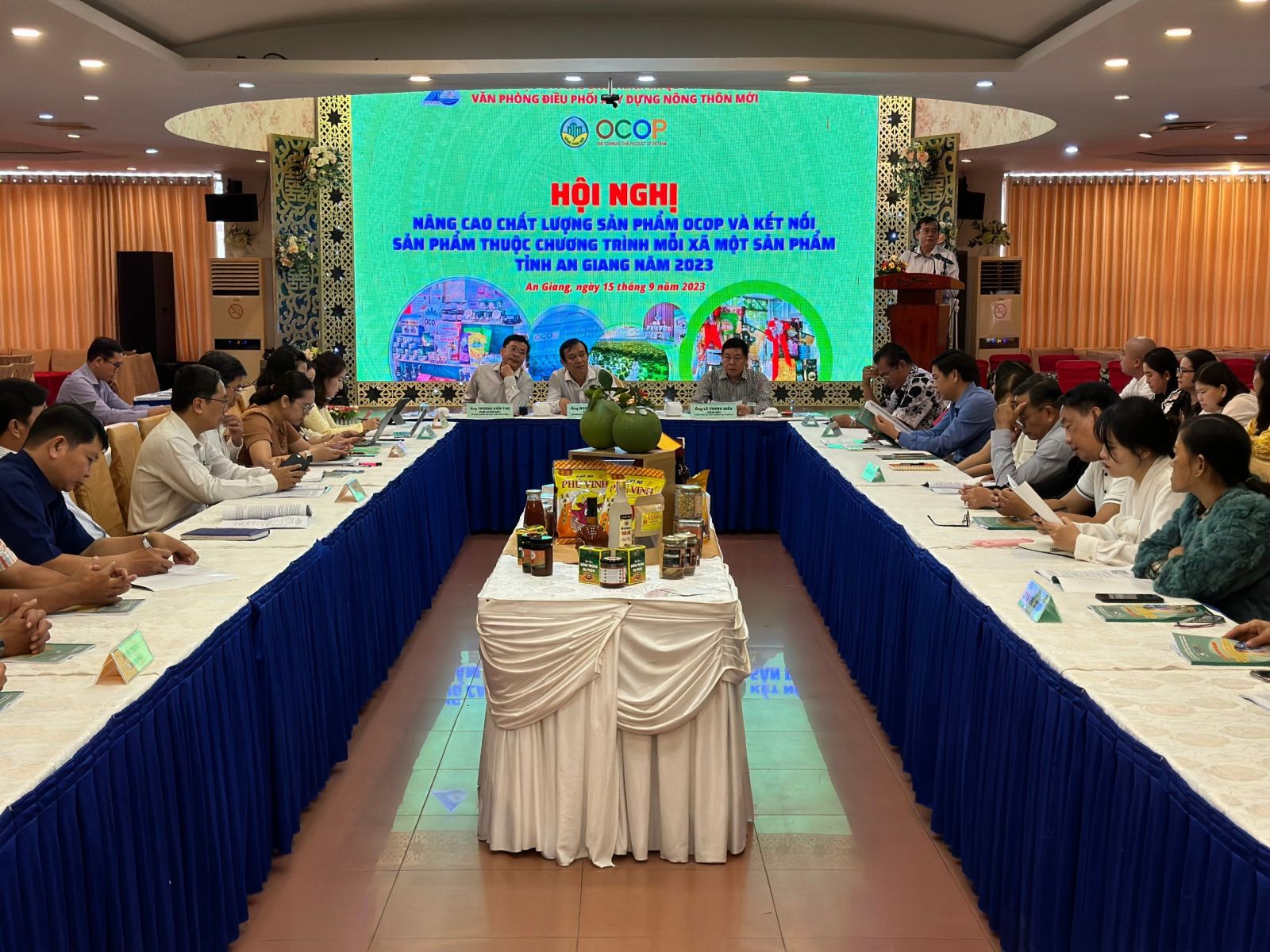
OCOP is an initiative spearheaded by farmers who are committed to fostering local culture through the production of renowned products. OCOP products are produced using the skills and experience of his father, as well as the unique characteristics of the region, climate, and soil. There is a touch of rusticity, a touch of innocence, a touch of pride, and a love for the homeland and country.
For instance, the essence of OCOP is exemplified by the significant differences between Son La plums and plums from other regions, Phu Quoc fish sauce and Phan Thiet fish sauce, Northern green nuggets and Southern flat nuggets, and products made from jaggery that are exclusively available in An Giang.
At times, OCOP subjects are planters, harvesters, processors, and producers, as well as promoters, marketers, distributors, and salespersons. This includes both the owner and the employee. They are most proud of their efforts, beliefs, aspirations, and affection for local products, as well as their aspiration to preserve and advance the knowledge, skills, and experience that their fathers have left behind.
Nevertheless, they are farmers today and will likely transition to entrepreneurship tomorrow. They have limited experience in the market and consumer trends, few collisions, and little contact, which leaves them with numerous challenges. Furthermore, the production scale is small, the source of raw materials is restricted, human resources are primarily sourced from the family, technology is still limited, simple equipment, lack of experience, lack of capital, no market, no brand, and no brand…
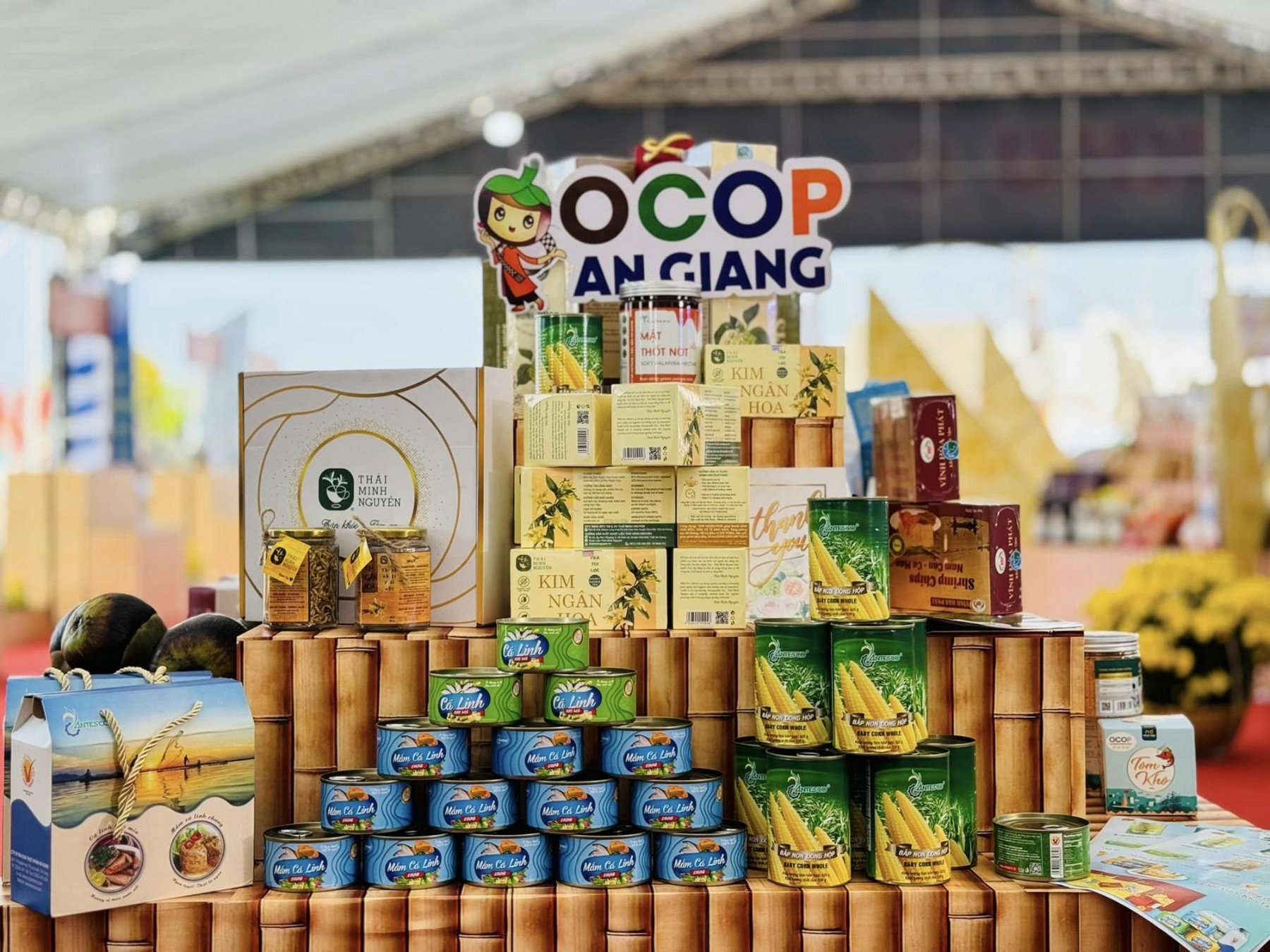
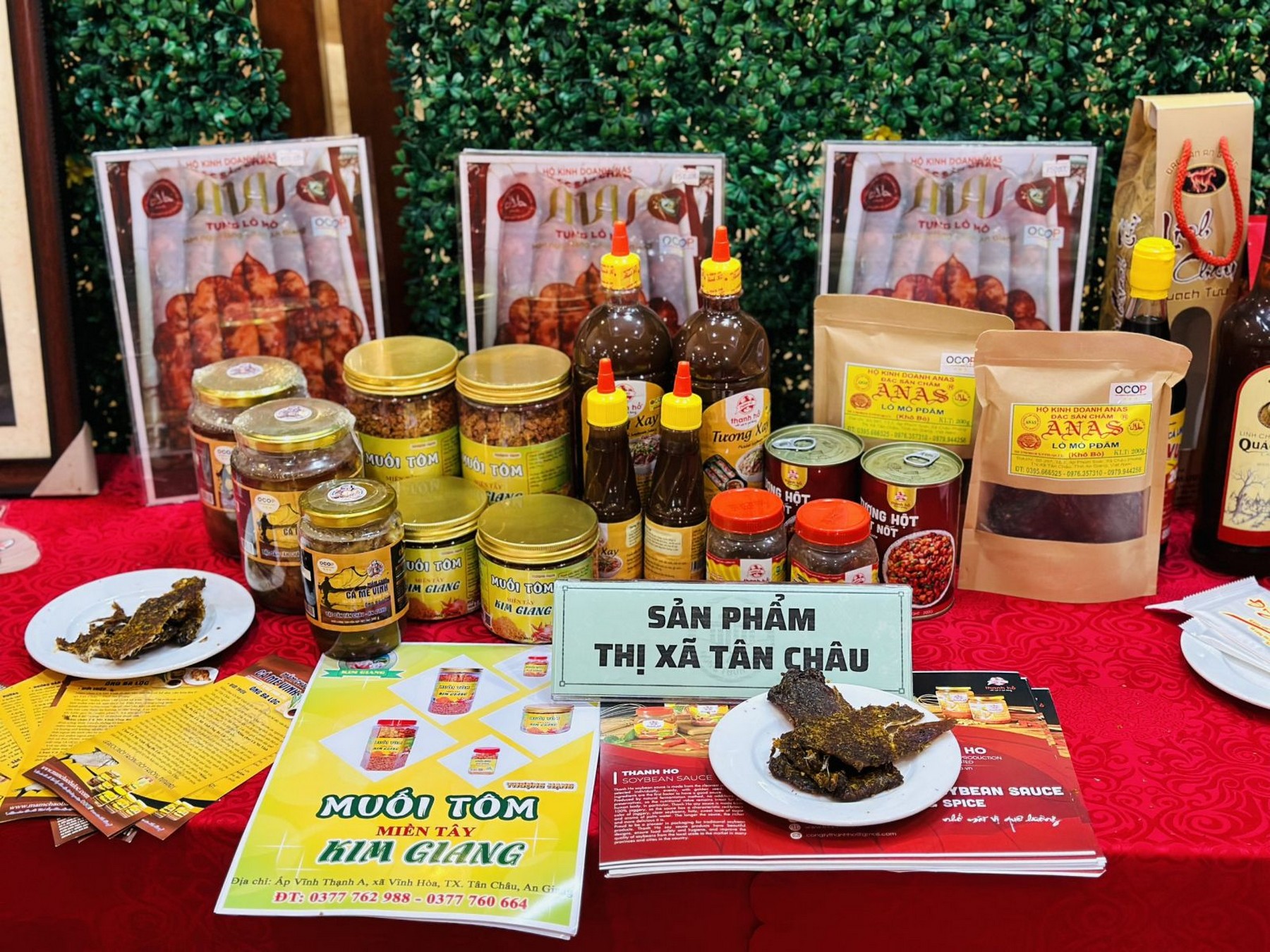
In the face of the aforementioned challenges, how can one effectively compete with the industrial products of neighboring countries, penetrate modern supermarket systems, and convince consumers of the superiority of their products? How are consumers informed about this "deep-lying, remote" product?

The promotion and connection of business support agencies, such as through trade promotion events, exhibitions, and conferences, are the only solutions to this issue. Businesses can progressively introduce products to the public and consumers, establish a reputation, and create an image through these activities. This is particularly critical for micro and small businesses, as well as entrepreneurs.
The objective of effective promotion, and connection is to gradually increase the value of local products and promote production in rural areas, thereby enhancing the quality of material and spiritual life for individuals. Everything becomes meaningless if the selection, construction, and classification of products are satisfactory but they are not promoted for consumption. Consequently, the state's assistance in coordinating events and participating in events with enterprises is crucial from the perspective of "giving fishing rods, not giving fish."
In addition to trade promotion, the state's support for businesses must be more diverse and open. The business support agency's responsibility must be increased and made more dynamic, thereby assisting OCOP entities in stabilizing and developing more rapidly.
On the one hand, functional sectors must effectively leverage the state's support policies, target programs, and other resources in a positive and adaptable manner to gradually eliminate obstacles and expedite the production and business process. In contrast, the state can provide assistance to businesses in enhancing their knowledge and skills in the areas of digital transformation, corporate governance, branding, product diversification, packaging improvement, market search, and science and technology, thereby gradually enhancing their competitiveness.
In general, business support agencies must empathize, collaborate, and persist in order to provide assistance and support to the subjects. This is to facilitate the expansion of local businesses, contribute to the development of new countryside, generate additional employment opportunities for rural workers, and accomplish the objective of "separating farmers without requiring them to leave their homeland."
Nevertheless, the state's function in assisting enterprises, regardless of its significance, is merely a motivating factor, not a determining one. Conversely, the OCOP itself is the determining factor in the success of each brand. Initially, it is imperative that subjects are accurately informed about the products they select. Is it the essence of the homeland, craft village, or tradition, or is it a genuine strength? For instance, cordyceps, custard tea, and grapefruit rind are products that are either available or can be produced in every region. In contrast, An Giang's typical products, including bamboo seedlings from Cam mountain forests, jaggery, fruits, and preserved fruits, possess a significant competitive advantage. However, they are not extensively exploited in the production of products. Increasing opportunities to access the market and conquer consumers can be achieved by focusing on new strengths and achieving a clear understanding.
In addition to establishing the appropriate course of action for products, OCOP subjects must enhance their market access capacity, actively engage in consumption promotion events, and rapidly acquire and apply digital technology to transition from traditional business to e-commerce platforms. Indeed, this journey remains lengthy and fraught with challenges, necessitating the perseverance, diligence, and collaboration of numerous parties. Nevertheless, we will undoubtedly accomplish this objective with the assistance of the state and the determinism of the farmers.
Author: Le Trung Hieu
Director of An Giang Trade and Investment Promotion Center
Translator: Kim Thuan
